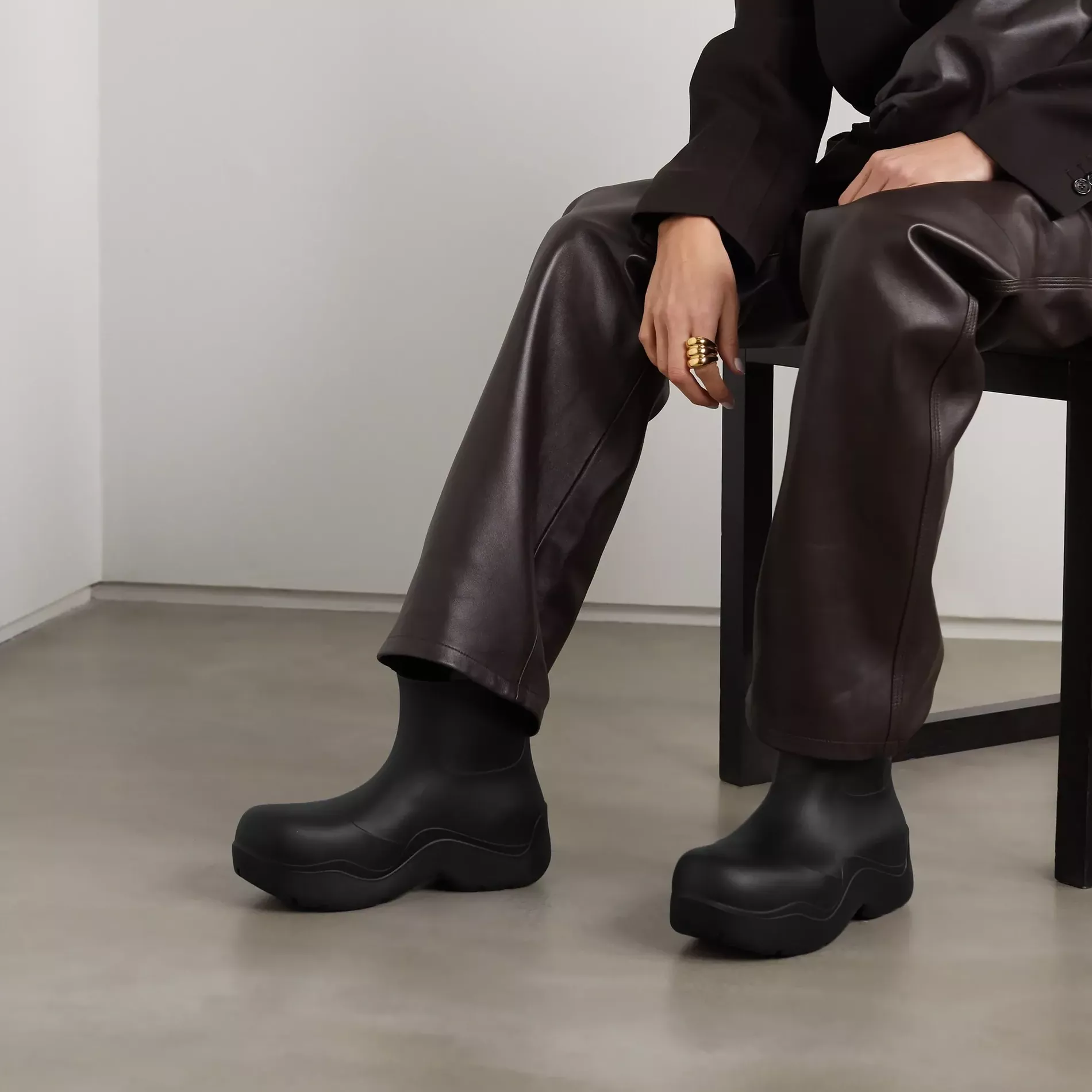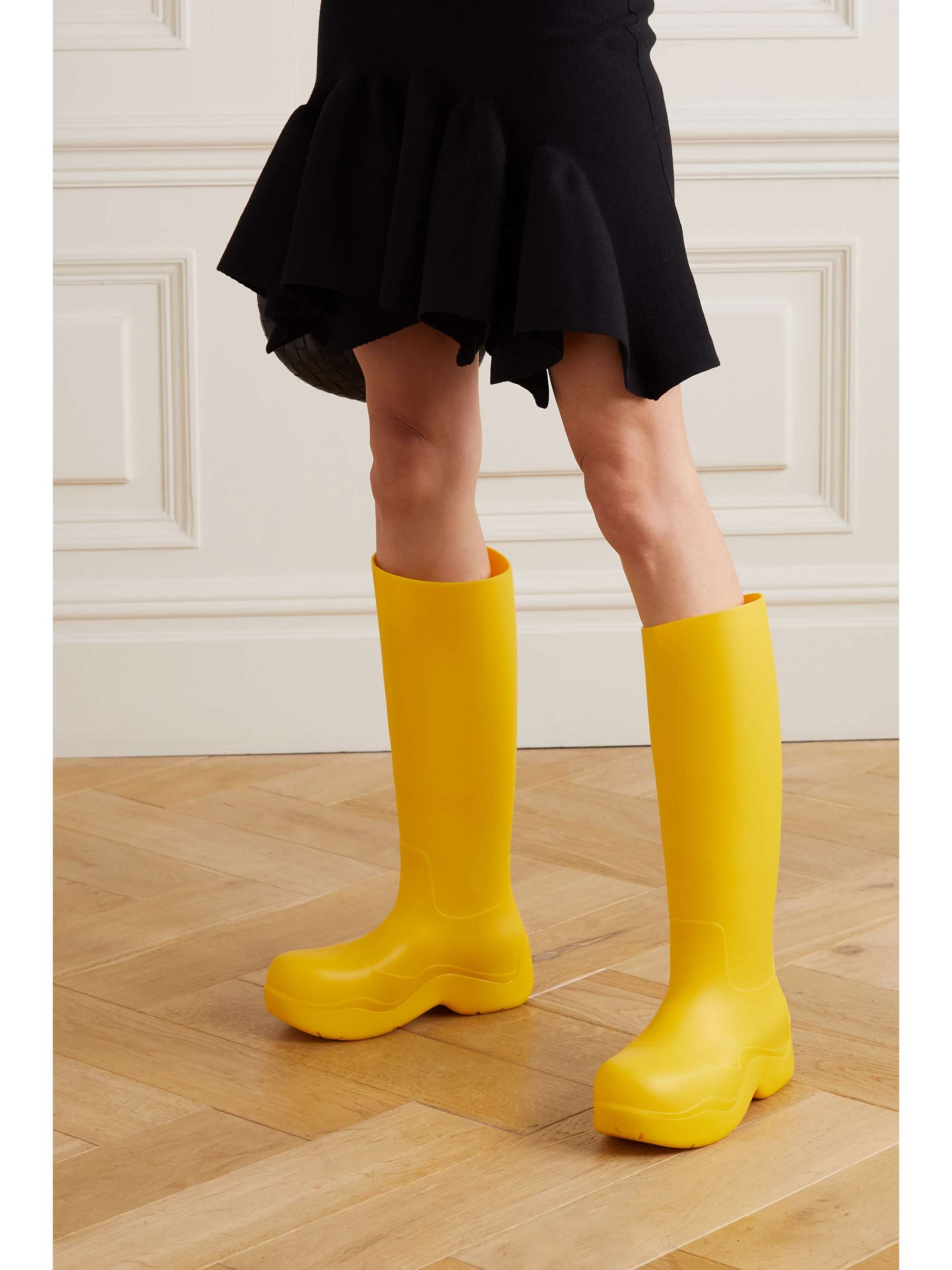Founded in 1966, the iconic Italian firm Bottega Veneta is one of the most desired by fashion lovers and has managed to reach the top of the fashion-retail sector thanks to the success of its latest proposals. It’s a brand that has always been at the forefront for experts in the field, and in recent seasons has been the target of copies of many low-cost firms that have found, especially in their accessories, a host of designs that the masses love.
Staying true to the sustainability mantra "Care, Collaborate, Create" as a reference, Bottega Veneta and Daniel Lee wanted to take a step forward in the new Wardrobe 02 collection to develop new solutions and alternatives to reduce the environmental impact of the creation of their pieces.
In February 2001, a new chapter in the history of the Italian house was opened. The Gucci Group, a subsidiary of the French luxury multinational PPR, decided to buy the company to save it from the crisis situation it experienced in the 1990s, and Tomas Maier was elected Creative Director of the brand in June 2001.
Together with the brand's creative team, Maier presented his first accessories collection for the Spring-Summer 2002 season. Maier's goal at Bottega Veneta was to guide a process to return the brand to its original identity. In this way, he made the logos disappear from the products and returned to the intrecciato that was so successful in the 1970s and 1980s
Since the launch of the acclaimed Puddle Boot in the Fall Winter 2021 collection, the firm has wanted to continue its commitment to the search for new materials such as recycled T.P.U. or biodegradable polymer that reduce the consumption of resources through collaboration with its suppliers and the implementation of sustainable techniques

The Wardrobe 02 Collection
The success of the Puddle Boot since its launch during the previous collection forced Bottega Veneta to change its perspective for the better. By making way for the use of these new materials such as recycled T.P.U. or biodegradable polymer, the Italian brand's processes have managed to reduce the consumption of excessive resources through collaboration with its suppliers and the application of more sustainable techniques.
Even before the Puddle Boots achieved success during the previous collection, Daniel Lee knew he wanted to produce them with biodegradable polymer. This formula specifically made for the Italian fashion house is thanks to the teamwork between the brand's suppliers and the Bottega Veneta team.
This plastic base used in its new collections is composed of molecules that automatically decompose at the end of their cycle of use, once they reach a waste plant. The use of this material set a trend for the Italian brand because although it was introduced in the Fall 2020 boot collection, it has also been included in the Salon 01 and Wardrobe 02 footwear.
Bottega Veneta's use of thermoplastics is due to their ease of being re-melted and recycled through agreements with its suppliers. Not only does it deliver a durable, high quality product, but the process rescues materials that were previously discarded. Recycled A.B.S. is used for the Bloc heels, one of the Italian brand's best-selling items.

In terms of other materials, Bottega Veneta’s cotton is 82% organic, and it uses 100% Global Organic Textile Standard certified flannel for its packaging. In line with the Kering group’s philosophy, Bottega Veneta has affirmed its goals towards sustainability practices. These goals include minimising carbon emissions, embracing a culture of sustainability and preserving a heritage of innovation and craftsmanship.
The group especially reiterates its ecological commitment with the continuity in its research on eco-sustainable projects, such as the renewal of SA8000® certifications (work ethics certification) and the application for certification with the LEED 2009 NC (New Construction and Major Renovation) system for the new Montebello workshop, located near Vicense in Veneto, which will open in September.